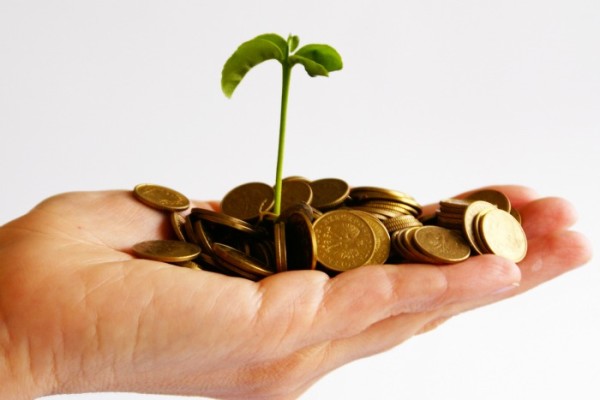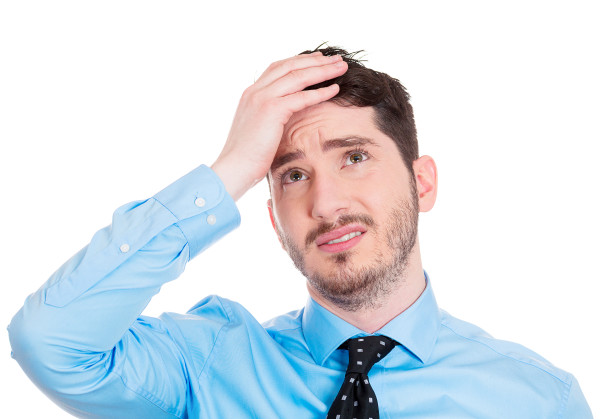
The idea of making money from your coin collection is intoxicating. Every coin collector dreams of stumbling upon a rare, undiscovered treasure worth millions—maybe hidden in an estate-sale find or forgotten in a chest in your great-aunt’s attic.
But we live in the real world, and here, valuable collections rarely happen by accident. Instead, they come from hard work, smart purchases, and patience.
If you want your coins to gain value as they age, do not buy unless you can answer “Yes” to all of these questions.
Is It Rare?
Chances are if a coin wasn’t particularly rare when you purchased it, not much is going to change with the passing of a few years. If you are looking for an investment then the coin needs to be rare, preferably with a demand that exceeds the supply.
Delving into U.S. coins with limited runs or the rarest coins from a particular series is a good way to start. Certified ancient coins are also worth consideration.
Is It Authentic?
If you’re planning to drop a lot of money on coins, make sure you’re getting the real thing! Whether you are purchasing rare U.S. coins or ancient coins, make sure they are certified. Familiarize yourself with reputable grading services like PGCS for American coins or NGC for ancient coins.
Is It in Good Condition?
You already know that condition affects the value of a coin, but increases in value aren’t always consistent across grades. If you are looking to make money on an investment, purchase the best specimen that you can afford of a particular coin.
Can You Move It?
Just because the value increases doesn’t necessarily mean there is anyone out there willing to buy it. As we mentioned earlier, focus on coins that have greater demand than the actual supply can satisfy. If there isn’t interest from collectors, you may have trouble moving certain coins.
The last thing you want to do is discount the sale of an investment!
Is It a Fair Price?
Just like any other investment, the number-one rule is to buy low and sell high.
It’s easy to get excited when you find a coin you want—and too easy to rationalize that purchase. But when looking at coins from an investment standpoint, it’s not about your desires. It’s about the market and the appropriate price range for that coin.
Finding them takes more time, but you’ll get the biggest return over time if you buy coins below their fair market value.

